Ghana is a wonderful and beautiful country that stretches across West Africa’s coast. It is one of Africa’s major tourist destinations due to its history and culture.
Unfortunately, there are some perceptions of Ghana that are simply false or distorted.
In this article, we will present real-life lessons about Ghana as seen through the eyes of someone who has lived there.
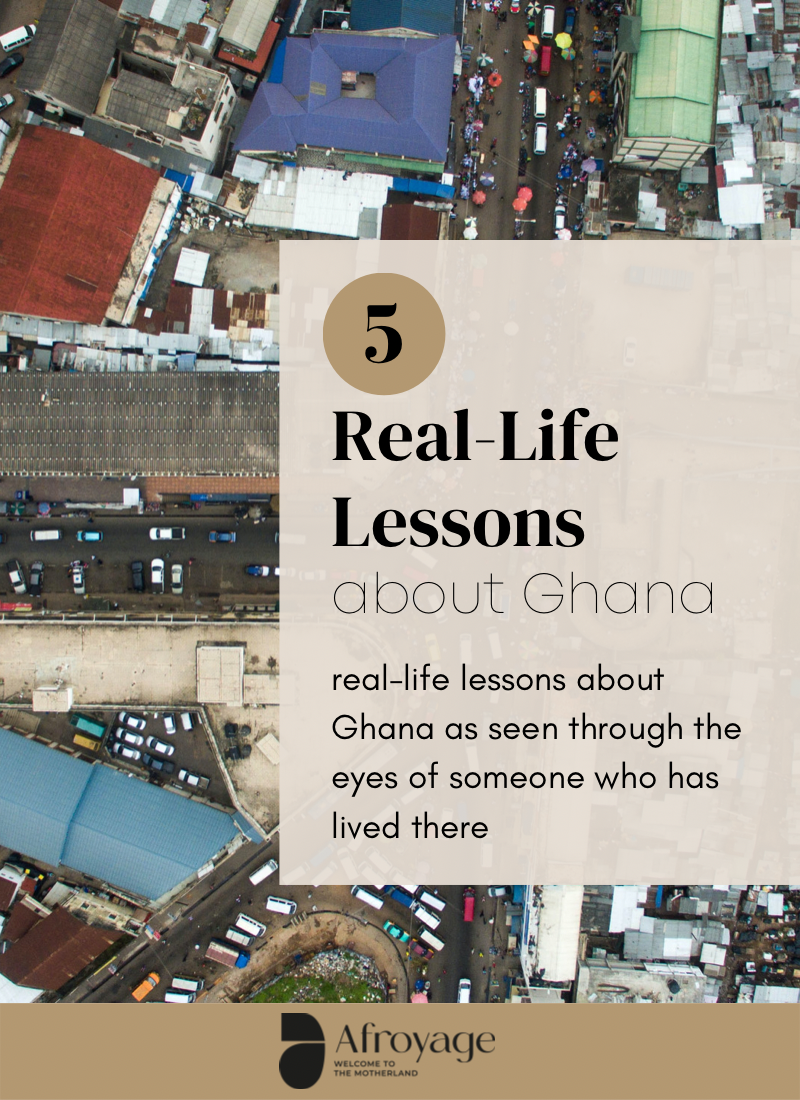
Ghana is not a “dejected “country
Yes, Ghana is a developing country that, like many others, requires loans and aid, but it is also a decent place with happy people.
Basic amenities and necessities are readily available. Electricity, potable water, and fast internet are all available and accessible.
Although not every part of the country has all of these amenities, most tourist destinations and towns and cities do. Foreign shops and goods are widely available, 5-star hotels and Michelin star restaurants all exist.
The first thing you will notice when visiting Ghana is how friendly the people are. They will smile at you, greet you, and ask you how your day is going.
They may even offer to assist you if they are able! One characteristic that distinguishes Ghanaians is their pride in their country and culture.
People here are proud of where they live and of their heritage, and they want others to know about it as well!
This is important because there are many misconceptions about the country. It’s critical to understand that, while the country isn’t a utopia, it’s also not a disaster, and people are content to live here.
Click here to read about 5 misconceptions about Ghana that are simply not true.
There isn't one, but many different cultures
Ghana is a country with a rich history and vibrant culture that has captivated visitors for centuries. Ghana has a fascinating history that is well worth learning about! Ghanaians are one-of-a-kind in many ways.
However, the culture is not uniform. There are numerous ethnic groups in the country. Despite this, they live in harmony and peace.
Each ethnicity has its own language and practises, but they respect each other’s preferences and live in harmony.
One way to learn about their history is to visit the monumental sites. Kwame Nkrumah Mausoleum, Cape Coast castle and Fort Prinzenstein are a few places to begin with.
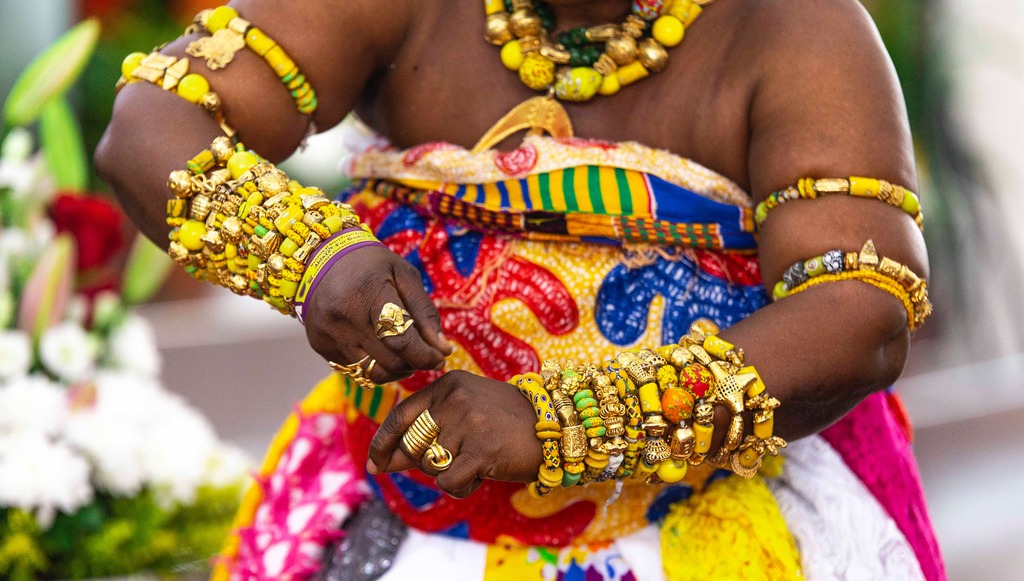
More lessons about Ghana: transportation
Transport in Ghana is a sight to behold, especially if you haven’t grown up here. The tro-tro or “troski” system is a marvel. The “troski” system is essentially a taxi system with larger vehicles, similar to a ride-sharing system.
It is a wonderful adventure to engage on and explore. However, the vast majority of visitors to Ghana, on the other hand, prefer to hire a driver or rent a car for the day.
It’s understandable because having a car available 24 hours a day, seven days a week is more convenient and makes getting around less of a hassle.
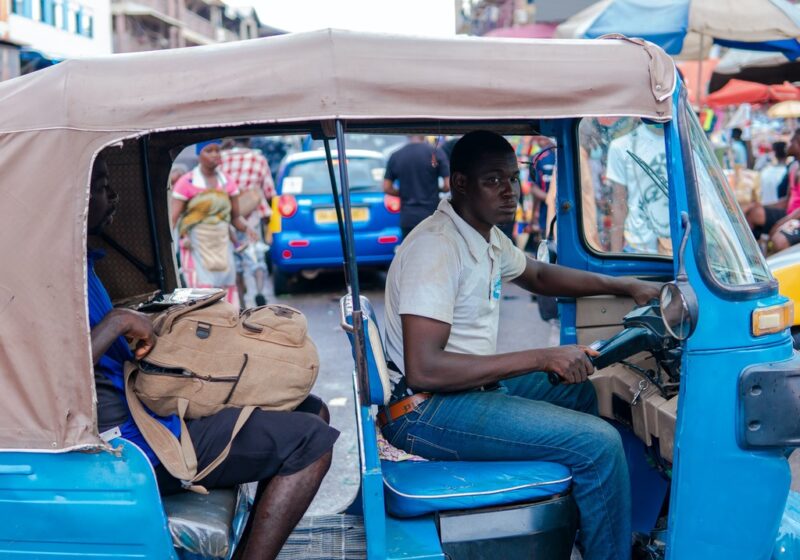
However, renting a car is not the best option due to several drawbacks. For example, it can quickly become outrageously costly.
You may not need a car at all times, especially if you plan to stay for an extended period of time. You may become stuck if your destination is not easily navigated on the map.
Bolts, Ubers, and other similar services are a better option because the drivers are not only familiar with the city’s locations, but you only pay once.
Local Ghanaian cruisine is the best (and you have to try it out!)
Eating local food while visiting Ghana is not only a pleasant experience, but it also has numerous benefits for both you and the locals.
To begin, unlike imported foods, which are mostly genetically modified, local foods are high in nutrients, use fewer pesticides, and are mostly preservative-free.
Local foods add a variety of vegetables, fruits, and nutritionally dense foods to our diet, which helps to strengthen our immune system.

Local foods also benefit the environment by lowering carbon emissions from long food transport and even air pollution. Food imported from other countries is frequently shipped thousands of miles to our supermarkets.
However, the more miles driven, the more fossil fuels are consumed, resulting in increased carbon emissions into the atmosphere.
After considering the moral and environmental benefits of eating local Ghanaian foods while in Ghana, it is important to note that the local food is delicious.
Keep in mind that eating Western food or meals designed for Western palates can quickly become expensive. Rather than asking for directions to a restaurant, ask the locals to direct you to the nearest chop bar, where you’ll find good food at a reasonable price.
By avoiding the main tourist areas, where food prices are marked up, you can frequently save money.
Instead, venture off the beaten path to find the most authentic flavours at a fraction of the cost.
The weather is not always lovely
Another real-life lesson about Ghana is that its is one of the expectations that does not always match reality.
It’s not always cool afternoons on a beach in Ghana’s Kokrobite, drinking coconut. At times, the weather can be downright miserable. Ghana can get extremely hot and rain frequently. The beginning of the dry season is the best time to visit Ghana.
It’s not too hot or rainy yet, so now is a great time to go on all of the hikes, visit the beaches, and castles. Ghana’s location in the tropics explains its weather patterns.
Bring sunblock, an umbrella, or a raincoat depending on the time of year. Just make sure to check the weather forecast before you go.
Click here to read about packing essentials before you go to Ghana.
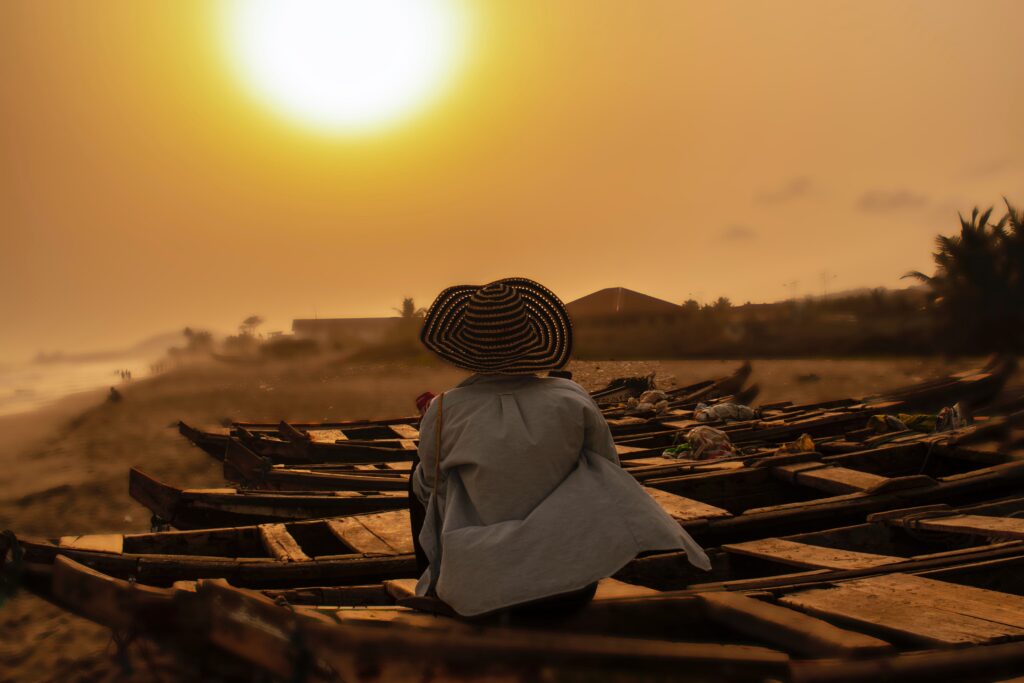
Despite some foreign media’s negative portrayal of Ghanaians or Africans in general, the people of Ghana are very friendly and hospitable. Every day, a large number of foreign visitors enter and exit Ghana.
It is, in fact, the continent’s most African-American-populated country. Ghanaians enjoy engaging in conversation with foreigners, especially when they are traveling alone.
They are also helpful because many of them will assist you if you need directions or assistance with something that requires a bit of extra muscle.
One of the most noticeable characteristics of Ghanaians is their family orientation; they are very family-oriented by nature, so you’ll see kids running around on the streets even if there are no playgrounds nearby!
Many families would have relatives visiting from faraway places such as Nigeria or other West African countries such as Togo and Benin.
We hope these few real-life lessons about Ghana have broadened your view on the country.
Are there some more lessons about Ghana you have learned? What did you take away from your experience?Feel free to share them with us!
Until then, see you next time!




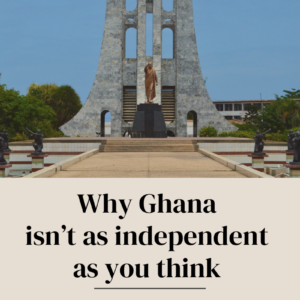
Leave a Reply
You must be logged in to post a comment.